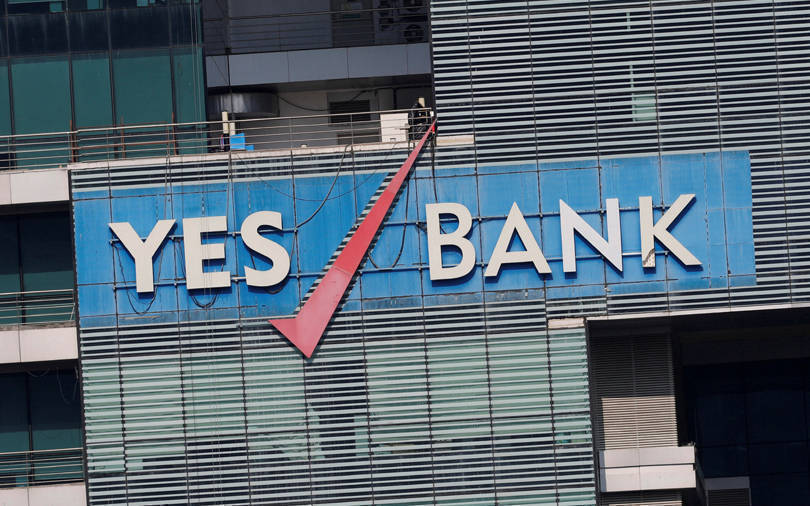
Yes Bank to invest about Rs 350 crore for a 20% stake in JC Flowers Asset Reconstruction Pvt Ltd, Prashant Kumar, chief executive of the private sector lender said on Monday.
The bank will initially buy a 9.99% stake in the company and raise it to 20%.
Last week, it selected JC Flowers as the joint venture partner to buy its bad loans. The ARC has offered to take over the bank’s bad loans worth ₹48,000 crore for a payment of ₹11,100 crore, out of which 15% will be paid in cash upfront, and the rest in the form of security receipts. The transaction will be on a 15:85 basis.
Kumar said the bank has started a Swiss Challenge auction and the outcome of the exercise, expected to be completed within 60-75 days, will determine the final investment. All the bidders will be offered the entire cache of stressed assets, Kumar said.
In the Swiss Challenge method, lenders publicly call for counter-bids to match the offer of the bidder. The first offer sticks if counter-bids are not more than the minimum markup price. If counter-bids are higher, the bidder will have the option to match the highest counter-bid amount.
JC Flowers ARC has put in the base bid. If any of these bids are better, JC Flowers will have the option to match the highest bid.
“No regulatory approval is required because JC Flowers already has an asset reconstruction company. Regulatory approval is needed when we invest for more than 9.99%. Fundamentally, for the entire transaction, we have taken legal opinion as well as asked our transaction advisor, and this is in sync with the regulatory guidelines,” said Kumar.
First set in motion in August 2020, the bank’s plan to segregate bad loans into a separate entity will help it have a cleaner balance sheet that potential investors are expected to find attractive. Its plans to raise $1 billion in FY23 could also be contingent upon the successful completion of this exercise.
Following the sale, the bank’s gross non-performing assets (NPAs) will be less than 2% of total loans, down from 13.9% at the end of March. Kumar said it holds 81% provisions on the loans up for sale, and the net carrying value of these assets on its balance sheet is ₹8,300 crore.
Yes Bank hired consultancy firm EY in August 2020 as a transaction advisor to suggest the best course of action for its pile of bad loans.
Kumar, a former executive of State Bank of India, was brought in as part of Yes Bank’s revival plan in March 2020. One option was to recover within the ambit of the bank, a process that would have taken very long, he said. The other option was to sell these stressed assets to existing ARCs.
“If you look at the ARCs in the country, nobody has the kind of capital to take over stressed assets of this order. Second thing is, if you look at past experiences with the ARCs, it has not been encouraging. Mostly, with ARCs, the governance part was always questioned, except for two or three good ARCs,” he added.
“Besides, most wanted to cherry-pick the good assets, and that is why the bank took a call to have a partnership with an entity, which has the expertise globally and has the right kind of money, and was willing to take the entire pool,” he said.
“We have evaluated all kinds of solutions and then arrived at this.”
On 16 July, Mint had reported that as part of the transaction, Yes Bank has demanded a $50 million guarantee from potential bidders for NPAs. In addition, JC Flowers was required to clear a shareholder dispute with Eight Capital before the acquisition. Earlier this year, Eight Capital pulled out of the JV with JC Flowers because of a difference of opinion over bidding for Yes Bank’s bad loans.
Yes Bank is also in advanced stages of negotiations to close a $1 billion equity fundraise from Carlyle and Advent International, Mint had reported on 21 June. The talks with the private equity companies picked up pace once the bank decided to partner with JC Flowers and are likely to be concluded soon.
On 8 June, Yes Bank announced that it has initiated the process of exiting the reconstruction scheme which was set up two years ago after the government and the Reserve Bank of India put in place a special scheme to rescue the private sector lender.